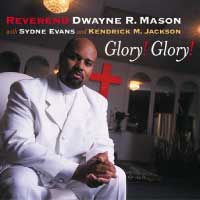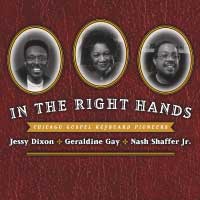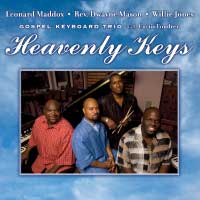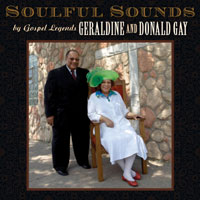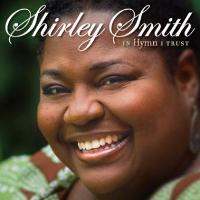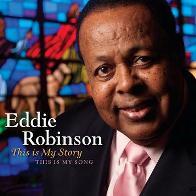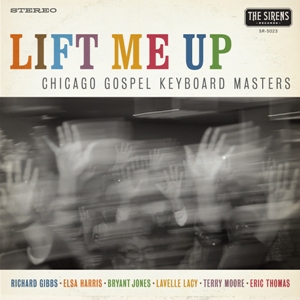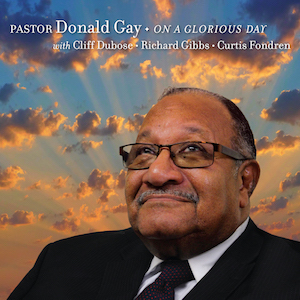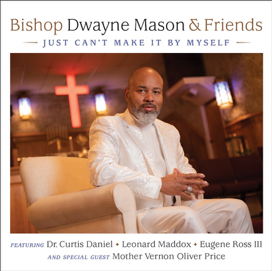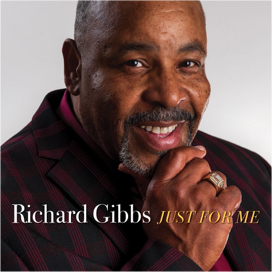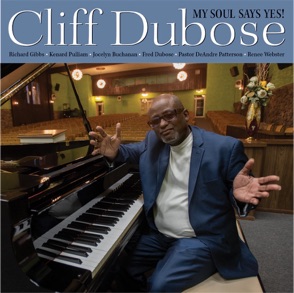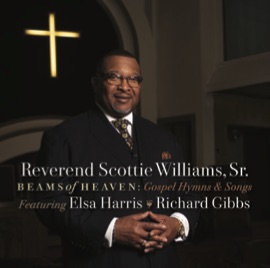SR5026: I Thank God -- Elsa Harris
Elsa Harris is one of the most talented and respected gospel keyboard musicians in Chicago today. She has a huge heart and it is clearly reflected in her music. Elsa plays with force or grace, depending upon the piece she is performing. Her piano playing is precise like a classically trained pianist but with rich gospel chords and a heavy dose of the blues. On this disc, Elsa Harris plays traditional gospel songs and adds soul and funk on several tracks. Elsa sings on one track which reminds us that earlier in her career she was a renowned vocalist.
She is accompanied by two of the best gospel musicians in Chicago, Richard Gibbs on organ and Curtis Fondren on drums. They create music that swings with heaps of spiritual energy.
Steven B. Dolins, President of The Sirens Records
Other related recordings by The Sirens Records include:
Press / Music CD Reviews
As the birthplace of gospel music, Chicago has an understandable commitment to preserving the genre's traditional sound, such as that heard on I Thank God, an enjoyable collection of church rousers from one of the city's veteran gospel pianists, Elsa Harris.
Harris takes listeners by the hand and leads them back to the wooden church on the hill (or the block) with her riffy and rollicking gospel blues style that combines staid Baptist and sanctified Pentecostal sensibilities. This is especially evident on two spritely medleys of old-school devotionals: "Glory Glory Hallelujah / Down at the Cross" and "What a Mighty God We Serve / Oh the Blood / Nothing but the Blood / There is Power".
Harris' musical companions on I Thank God are equally worthy of note. Richard Gibbs, son of Inez Andrews and Soul Stirrer Richard Gibbs, and, for 18 years, pianist for Aretha Franklin, is just as dynamic and inventive on organ as Harris is on piano. Curtis Fondren, drummer for such iconic institutions as Fellowship Missionary Baptist Church, Cosmopolitan Church of Prayer, and Christian Tabernacle, keeps a steady beat while employing his own improvisation at strategic points.
Several selections on I Thank God come from Harris' tenure with Jessy Dixon and the Thompson Community Singers (Tommies), such as "The Wicked Shall Cease from Troubling" (or "Sit at His Feet and Be Blessed") and "I Love to Praise His Name". On the title track, also from the Tommies repertory, Harris transforms the piano into an improvisational church singer through thunderous arpeggios and elegant grace notes.
Ironically, Harris and company put their most contemporary imprint on the album's oldest selection: the folk spiritual "Joshua Fit the Battle". For "Down by the Riverside", the trio borrows the bridge from a modern arrangement of the spiritual that, when sung, is a rapid-fire repetition of the song's title.
Harris sings on only one-track, the bluesy and only semi-serious "Looking for Trouble", which uses the stop-time technique Muddy Waters employed on his 1955 "Mannish Boy". She should have sung on more selections because she is a thoughtful vocalist as well as pianist. Harris has sung behind gospel artists as well as pop icons such as Minnie Riperton and Paul Simon.
As with other releases from Steven Dolins' the Sirens imprint, the production for I Thank God is clear as sparkling water. Fans of traditional gospel music have reason to thank God for Elsa Harris and her combo of top musicians.
Elsa Harris was a musician for the Thompson Community Singers Of Chicago from 1965 to 1980, where she worked with Jessy Dixon amongst others. She also recorded background vocals for Chess/Cadet with Minnie Riperton and Phil Upchurch and sang with the Jessy Dixon Singers.
Elsa plays piano throughout here, with Richard Gibbs, the son of Inez Andrews and long-time pianist for Aretha Franklin, on organ, and The Sirens regular drummer for gospel material, Curtis Fondren, on most, but not all, of the fourteen numbers. Twelve of the fourteen tracks were recorded in one take on the first day of the session.
As the track-listing shows, this is a more or less traditional gospel set (eight have a 'Traditional' credit), though all instrumental except for "Looking for Trouble" – this is certainly an atypical performance for this set, a strong Chicago blues musically but with lyrics that are about the devil and his wiles. Most of the remaining numbers will be very familiar to gospel followers, but Elsa’s treatments are nicely individual.
Good examples include "Lord Don't Move That Mountain" which could almost qualify as a blues, "I Love To Praise His Name" which has hints of funk and soul-jazz, with the latter style even more apparent on "Walk With Me Lord".
Once again, The Sirens has come up with an under-documented but important gospel musician and given them a fine showcase for their talents. Recommended to all the gospel lovers in the house.
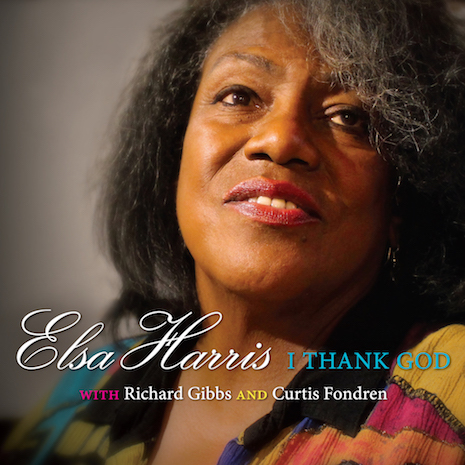
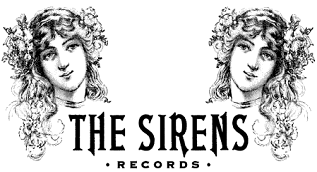
 1. Glory Glory Hallelujah and Down at the Cross Medley
1. Glory Glory Hallelujah and Down at the Cross Medley